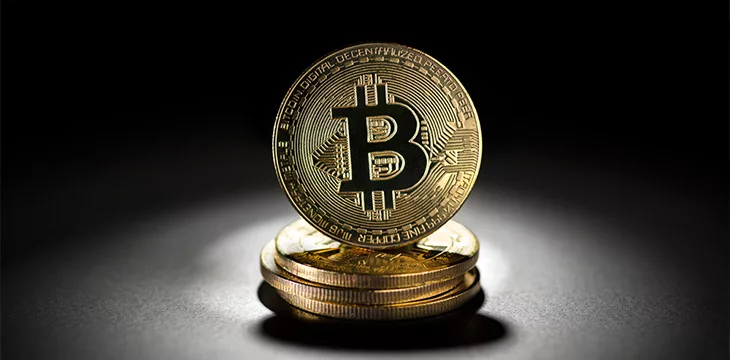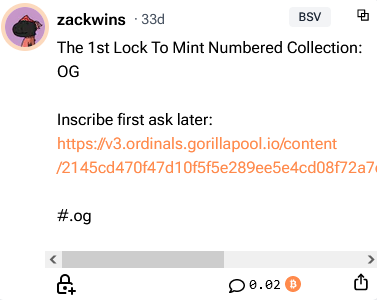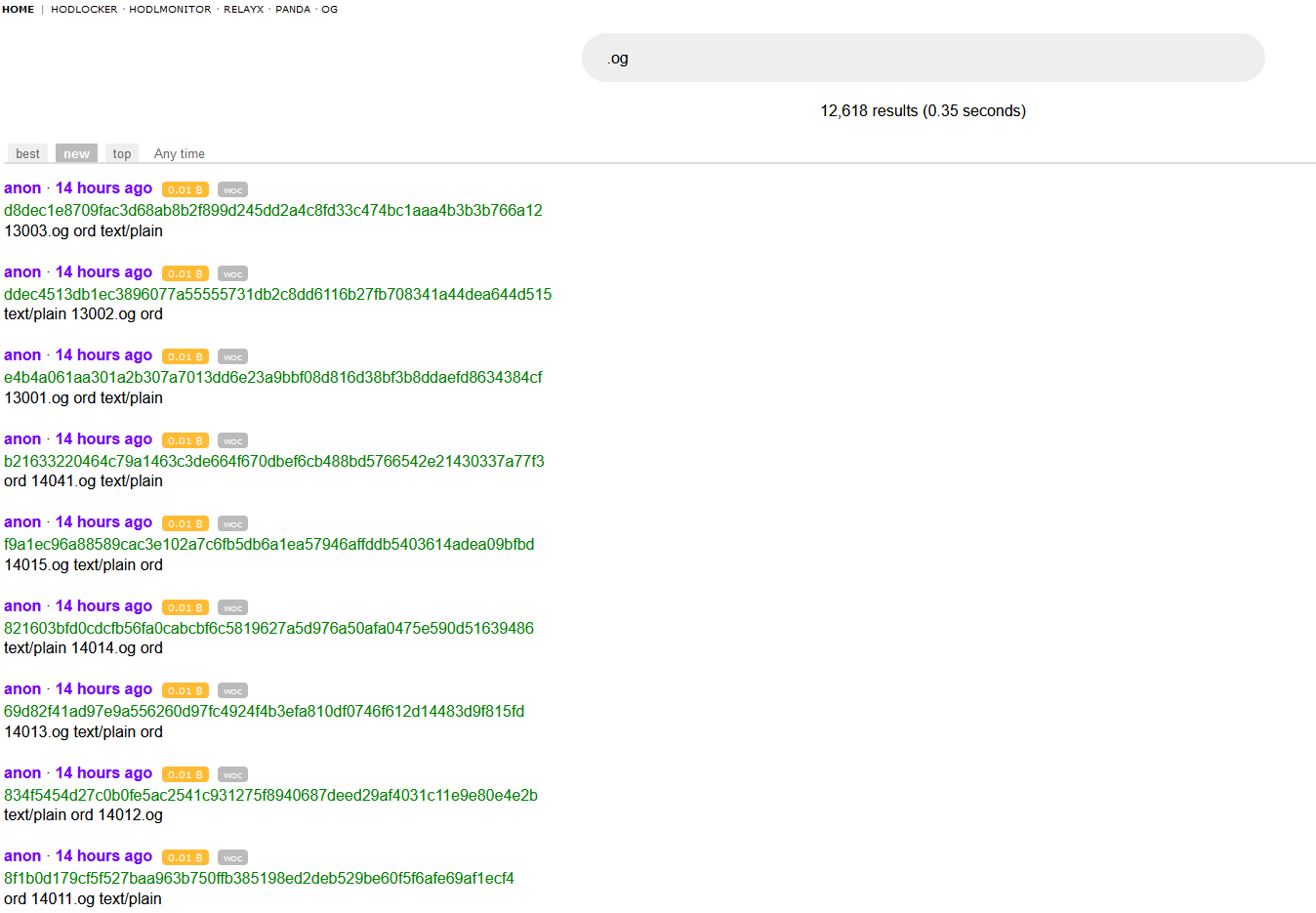
|
Getting your Trinity Audio player ready... |
In December 2023, DevelopingZack launched the first Lock-to-Mint numbered non-fungible token (NFT) collection aptly named OG, where minters must have locked 0.01 BSV until the fifth halving block. This protocol follows the first model inspired by Bitcoin itself, and subsequently, the BRC-20, Sats Names, and bitmap protocols on BTC where the first to claim a number.og (for example, 0.og) receives the valid NFT as a 1 Sat Ordinal, regardless of whether another user claims the same number afterward.

The time frame to mint OG is up until the fourth BSV halving, which is expected at block 840,000. The supply of the OG collection will be fixed at that point, but until then, users can mint as many OG as they would like, so long as they are willing to lock 1 million BSV satoshis until the next halving, at block 1,050,000, approximately four-and-a-half years from now. Inspired by the hodl LRC-20 token mint, the OG minter was also deployed as an on-chain webpage as a 1 Sat Ordinal, so users could navigate to the site using the origin transaction ID. Additionally, minting was implemented via SHUAllet, which has locking and 1 Sat Ordinals functionality built in.

Leveraging hodlnet.sh, around 12,000 OG have been minted thus far, and the first 100 or so were minted overnight the day of the hodlocker post. While the minter did validate if the number was taken via an API, checking for a number before minting via hodlnet was more accurate and real-time. OG are still being minted, but most numbers below 10,000 are taken.

However, as of writing, around 600 sub-10K OG are still available, thanks to a checker built by Full Stack Developer and YouTuber Florian Ludewig. Again, users can cross-check with hodlnet to see if these are indeed available.
Even over a month later, the reason OG are still being minted is due to another NFT launch by Zack, OG Frogs.
Have an OG? Just click & chill. https://t.co/Wx49TPWeF1
OGs just dropped our first 1-in-2-out
& now OG Frogs are invading the bitcoin blockchain.Market Listings (soon): https://t.co/xILBBF3QKI pic.twitter.com/R4UfNoOKNP
— Zack Wins (@DevelopingZack) January 3, 2024
To receive an OG Frog, users only need to claim their number, and the Frog will be sent to the address that owns the OG. Zack even pays the minuscule transaction fee, so users do not even need to log in with a wallet or spend any BSV. For saving less than $1 into the future, users can get two NFTs.
Shortly after OG launched, babel.markets listed both OG and Frogs on their marketplace, demonstrating the rapid innovation that is enabled by interoperable protocols. OG and Frogs may not “go to the moon,” so to speak; both are obtainable for just locking a little bit of BSV. Lock-To-Mint (LTM) as a paradigm for creating NFTs versus sending money to pseudonymous “teams” is becoming a popular means of issuing tokens without the uncertainty of being able to recoup funds on the secondary market.
After all, the downside risk in terms of satoshis spent is zero, with the only risk being the opportunity cost to spend those locked satoshis elsewhere. The incentives for the creator are to get more coins globally locked, thus more interest in the blockchain where those coins are locked, and potentially earn on the secondary market if others value these NFTs.
Finally, to question whether OG would have any value, what is the value of OG numbers if Bitcoin is still producing blocks after 10 halvings (2,100,000 blocks) or 20 halvings (4,200,000 blocks)? Only time will tell.
Watch: Ordinals on BSV! Luke Rohenaz explains their utility and value

 11-21-2024
11-21-2024


